Why Your Car Battery Dies in Winter and How to Stop It
Nothing is more frustrating than turning your key on a chilly winter morning and nothing happens. It’s just complete silence—your battery decided to give up.
One of the most common vehicle issues we’re likely to experience during winter is a dead battery, and most drivers are unaware of what causes it or how to avoid it.
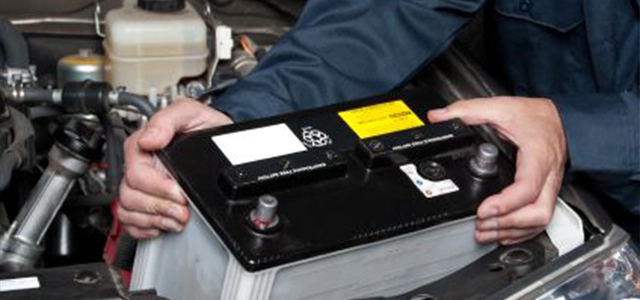
1. Why Cold Weather Influences Your Battery
Cold temperatures lower the capacity of your battery to hold and deliver power by slowing down the chemical process inside it. At 0°C, your battery might lose about 35% of its strength. The battery has less power to give, which results in battery failure—especially if your battery is old or already weak.
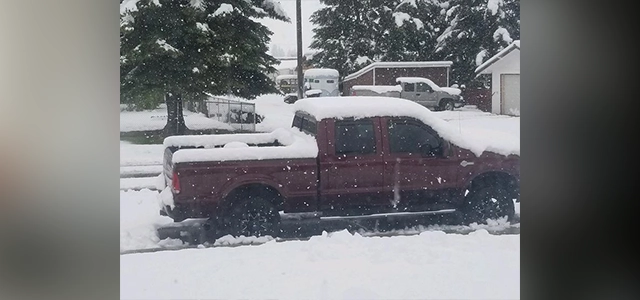
2. Your Car Will Suffer More Depending on Your Winter Habits
- Short trips don’t give your alternator enough time to recharge the battery.
- Using the heater, headlights, wipers, and defroster all at once puts extra strain on the battery.
- Parking outdoors overnight exposes the battery directly to freezing temperatures.
3. How to Tell If Your Battery Is Crying for Help
- Listen to how it starts—if it struggles, that’s a warning sign.
- Weak headlights, especially while idling.
- Electronics acting strangely, like dashboard battery warning lights or slow power windows.
- More than three years old? That’s considered middle-aged in battery years.
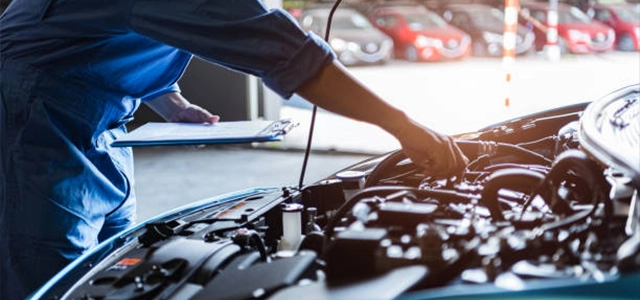
4. How to Stop a Dead Battery from Occurring in Winter
(No need for a mechanic—just a little bit of TLC)
- Test your battery before winter: Many dealerships and workshops offer free battery testing. It only takes minutes and could save you hours of frustration.
- Clean the terminals: A simple brush and a baking soda mix can clean off the crusty residue that interferes with battery performance.
- Park under cover: Use a garage, carport, or even a weather cover to keep battery temperature more stable overnight.
- Drive longer distances or use a trickle charger: Longer trips help the alternator recharge your battery. If you don’t drive often, consider a battery maintainer.
- Turn off extras before starting: Switch off headlights, heaters, and infotainment before turning on your car to reduce initial battery load.
5. When Should You Change Your Battery?
Winter is the best time to consider replacing your battery—especially if it’s more than three years old. It’s better to change it on your own terms than face the inconvenience of being stuck and stranded.

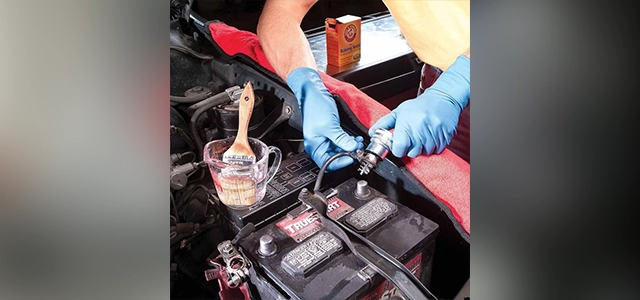
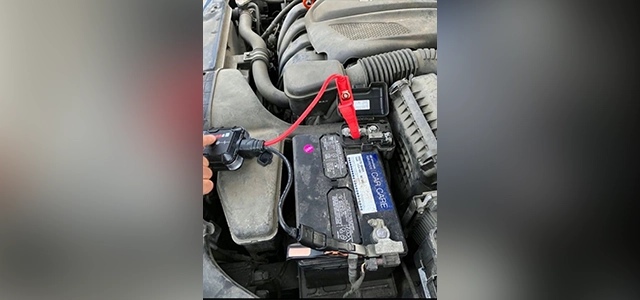

 Office Hours
Office Hours